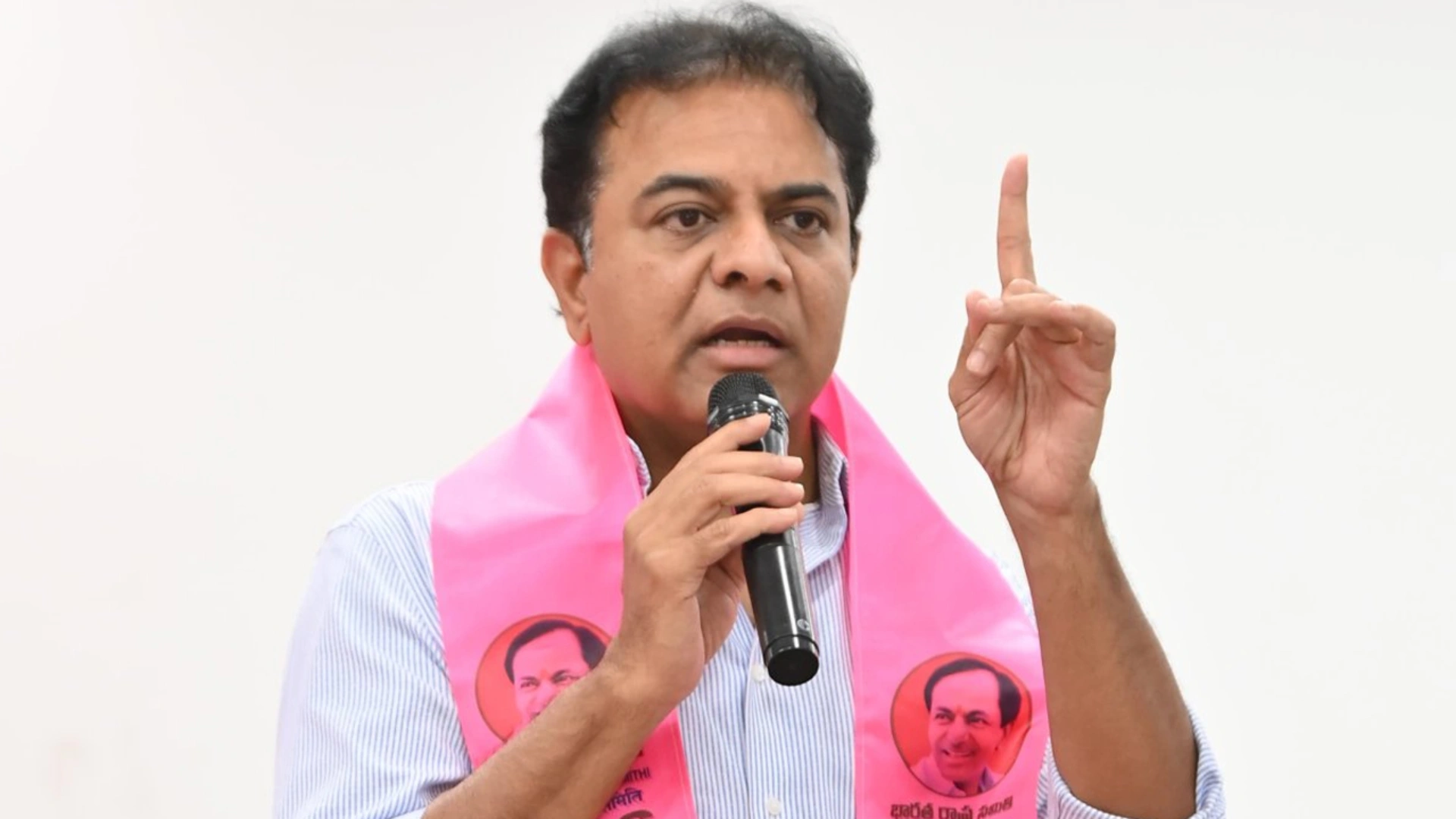White House aides have been accused of actively concealing signs of President Joe Biden’s cognitive decline since the beginning of his presidency, according to a report by the Wall Street Journal. From the moment Biden, 82, took office in January 2021, staff reportedly implemented measures to limit his public exposure, citing his performance during public appearances as a key concern.
Fluctuations in mental clarity
The measures included curtailing in-person interactions and making adjustments to the president’s schedule to account for fluctuations in his mental clarity. By spring 2021, White House staff had started rescheduling meetings to accommodate what one national security official described as the president’s “good days and bad days.” The official reportedly told an aide, “He has good days and bad days, and today was a bad day so we’re going to address this tomorrow.” Meetings were often pushed to later in the day, aligning with the revelation that Biden’s mental sharpness was optimal within a six-hour window that closed around 4 p.m.
Managing the image and communication of Biden
White House officials reportedly took extensive steps to manage Biden’s image and communication. Staffers were instructed to keep briefings short and direct, ensuring the president’s attention remained focused. In addition, a voice coach, Jeffrey Katzenberg — a Hollywood executive and Biden campaign co-chair — was hired to help strengthen the president’s speaking voice, which had grown faint and raspy.
Biden’s aides also filtered the information he received, reportedly omitting negative news about his administration’s performance. This move came amid plummeting public approval ratings, which hit a 70-year low in 2024. Critics argued that this practice shielded the president from the realities of public opinion and hindered his ability to respond effectively.
Controversy Over Handling of Press Interactions by Biden
The White House’s efforts to limit Biden’s exposure to the press have been noted throughout his presidency. He has held fewer large press conferences than any modern president, often stumbling during unscripted moments or deviating from teleprompter cues. This pattern was first observed during his 2020 presidential campaign, when aides acknowledged that Biden’s mental acuity diminished outside of his preferred daily time frame.
The strategy extended to press events where First Lady Jill Biden reportedly played a role in mitigating risk. She was said to intervene during lengthy press engagements, concerned that extended questioning could leave her husband vulnerable to mistakes. Staffers also exerted tight control during Biden’s brief 2024 re-election campaign, handling media inquiries with such rigidity that it surprised campaign donors.
Challenges During Classified Documents Investigation
President Biden’s cognitive abilities were tested during his interview with special counsel Robert Hur over the retention of classified documents. Although Biden himself pushed for the interview to demonstrate his cooperation, the preparation process proved challenging. The president’s team dedicated three-hour daily sessions to help him prepare. According to the Wall Street Journal, Biden’s ability to recall information fluctuated, and he struggled to remember specific points, including the year his son Beau Biden died of brain cancer. The two-day interview, which occurred in October 2023, was described as “grueling.”
A White House source downplayed the incident, stating, “Every person who has ever prepared for a legal interview has forgotten some of the prep.” The interview’s purpose was to contrast Biden’s approach with that of former President Donald Trump, who was also under investigation for handling classified materials.
White House Defends President Biden’s Capabilities
Despite the allegations, White House officials have defended Biden’s cognitive abilities and leadership. Deputy Press Secretary Andrew Bates emphasized the president’s active engagement with his cabinet and staff. “President Biden speaks with members of his cabinet daily, and with most members multiple times a week, staying close with them about implementation of key laws and strengthening our national security,” Bates said in a statement.
Bates further highlighted Biden’s accomplishments, calling him “the most accomplished record of any modern commander-in-chief” and crediting his success to “his attention to policy details that impact millions of lives.” According to Bates, Biden actively seeks input from a range of sources, including experts, elected officials, and historians, in his decision-making process.
Addressing concerns about limited access to Biden, Bates argued that such restrictions are not unique to this presidency. “During every presidency, there are inevitably some in Washington who do not receive as much time with whomever the president is as they would prefer; but that never means that the president isn’t engaging thoroughly with others, as this president does,” Bates said.
Also Read: Who Is Fani Willis And Why Has Georgia Court Disqualified Her Over Trump Election Interference Case?

















